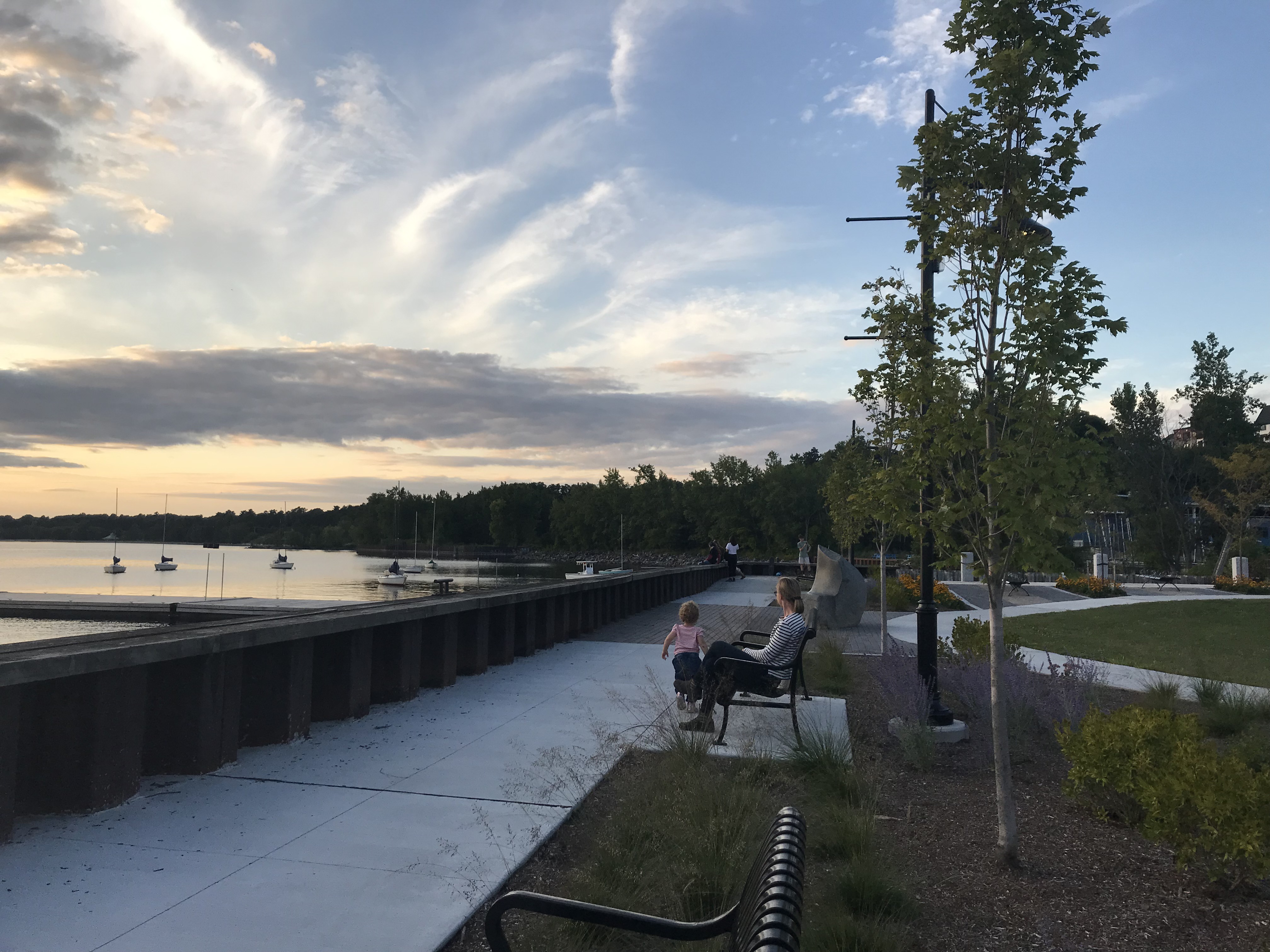
Connecting Infrastructure to Community
As part of the Bond Bank’s Infrastructure Month, we’ve asked a number of members of the wider Vermont infrastructure community to comment on related and important topics. This week’s comment comes from Seth Leonard, Managing Director of Community Development at the Vermont Housing Finance Agency (VHFA) and former mayor of the City of Winooski.
Before our state was part of a broader economic crisis as a result of the coronavirus pandemic, we often focused on Vermont’s emerging demographic crisis. Concerning trends include stagnating population numbers (particularly in the more rural parts of the state), a continued lack of racial and ethnic diversity, and concern that Vermont’s next generation of workers are unable to find well-paying jobs and are forced to leave the state.
These trends are complicated by high housing prices and costs of living around the state. Reversing these trends requires a thoughtful approach to public investment.
While we continue to grapple with the immediate emergency response to the coronavirus, VHFA sees silver linings in opportunities for our communities to reassess their investment patterns and prepare themselves for economic and social recovery in Vermont. We will come back stronger. But in order to do so, our investments must be leveraged strategically to create more economic opportunities for Vermonters, better access to health care and services, and a sense of safety and security within a household that allows individuals and families to thrive.
Recent investment in Winooski and South Burlington for example, makes clear the connection among planning, new physical infrastructure, and an expanded social infrastructure through more affordable housing units.
In Winooski’s downtown $52 million in public funding leveraged $94 million in private development investment, including the 213 units of housing created at Keen’s Crossing (roughly 50% of units are affordable). Winooski’s central core of infrastructure has also generated additional investments into the city’s gateway districts – including two affordable housing projects on East Allen Street in Casavant Overlook (39 units) and the upcoming project Parc Terrace (26 units). Not to mention proposals for substantial infrastructure rehabilitation along Main Street.
A similarly coordinated investment strategy linking infrastructure and housing can be seen playing out in South Burlington as well. The commitment to public infrastructure investments in the new City Center were quickly followed by affordable housing investments through Allard Square (39 units) and Garden Street Apartments (60 units).
As these examples demonstrate, affordable housing is a key part of public infrastructure, and it is only natural that housing was paired with more traditional infrastructure investments in recent coronavirus recovery stimulus proposals, such as the proposed Moving Forward Act.
Housing, like other forms of infrastructure, can contribute significantly to our collective economic well-being. This is borne out in recent study by the National Bureau of Economic Research demonstrating a better balance of affordable housing investments would have increased GDP by an additional 13.5% or $1.7 trillion between 1964 and 2009. Moreover, according to the National Association of Home Builders, 100 units of housing generate an estimated $11.7 million in private local economic activity and simultaneously provides $2.2 million in state tax revenue. Finally, homes are where jobs go to sleep at night, creating an estimated 161 jobs for every 100 homes.
Homes are not possible without the community infrastructure to support their development and create the livable spaces Vermonters need to thrive. We join Vermont Bond Bank in celebrating their first annual Infrastructure Month and look forward to highlighting the importance of strategic investments into Vermont communities that offer us a path out of our immediate and longer-term community development challenges in Vermont.
Questions?
Email Ashley Lucht at ashley@vtbondagency.org or call 802.861.0074
